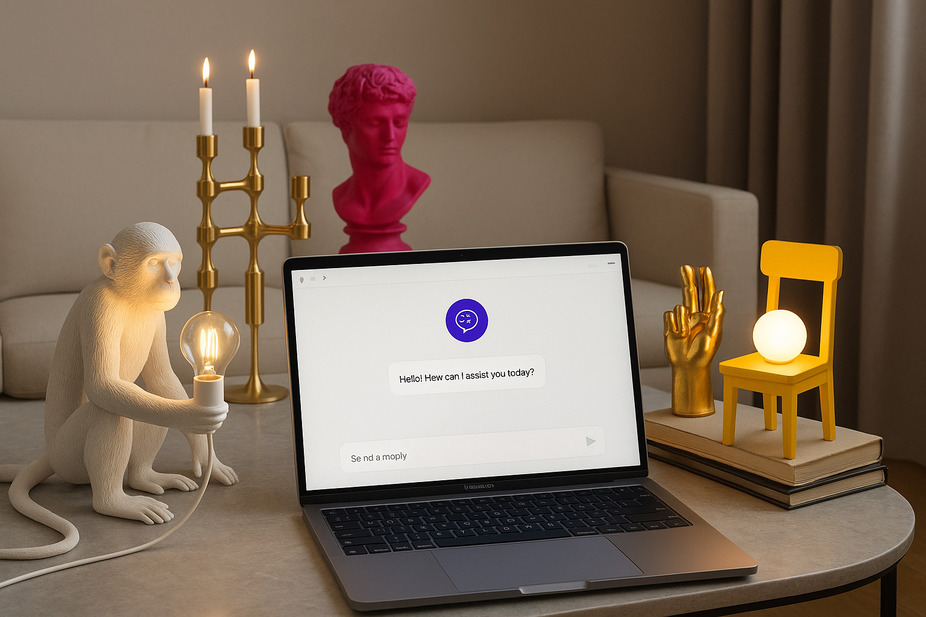Audius
Download Ironwallet app and get tool for making transaction without network fee
About Audius
Audius is an innovative music streaming and sharing platform that is built on blockchain technology. Often described as the ‘decentralized Spotify’, Audius aims to give more power, freedom and compensation to artists. The team behind Audius set out to transform the way music is distributed and consumed online.
Origins and History of Audius
Audius was founded in 2018 by Roneil Rumburg and Forrest Browning in San Francisco. Both founders have backgrounds in software engineering and consumer technology. The idea for Audius stemmed from the founders’ belief that blockchain could enable a more transparent and equitable model for streaming music online.
After raising $5.5 million in funding, the Audius platform launched publicly in October 2020. Since launch, Audius has seen impressive growth, reaching over 5 million monthly users at the end of 2021. The startup has raised over $27 million in funding to date.
How Audius Works
The Audius platform is built on the Ethereum and Solana blockchains. All data on Audius, including artist profiles, playlists, tracks and more are stored on a decentralized network of node operators. This gives artists more control and transparency.
Unlike traditional streaming platforms, artists can upload tracks directly without intermediaries. Fans can support artists directly through tokens, subscriptions, merchandise sales and more. The Audius protocol also enables community-driven curation, decentralized governance and freedom of expression.
The AUDIO utility token powers key functions on Audius like curation, discovery and rewards. Artists earn AUDIO when their tracks are played and can use it for promotions. For fans, AUDIO can unlock premium features, governance rights and rewards.
The AUDIO Token and its Utility
The AUDIO token is the utility and governance token that underpins the Audius music sharing protocol. AUDIO has several core use cases:
- Helping guide community curation by letting users stake tokens on tracks they like. More staked AUDIO leads to more visibility.
- Allowing token holders to earn rewards when they recommend songs that become popular.
- Providing governance rights to users so they can shape Audius by voting on protocol upgrades.
- Enabling artists to pay for platform growth tools like promotional BOOSTS to get their content discovered.
Audius Tokenomics
The Audius protocol has a fixed maximum supply of 1 billion AUDIO tokens. These tokens are required to access certain features and privileges on the Audius platform, such as boosting tracks for visibility, unlocking premium content, and participating in community governance.
AUDIO is generated and distributed on an ongoing basis through a variety of methods including inflationary rewards, creator coins, and listener incentives. Currently, about 600 million AUDIO are in circulation.
The inflationary rewards are the main driver of AUDIO distribution. They are funded through a small percentage fee taken from streaming revenue. This AUDIO is rewarded to stakers, creators, and listeners for actions like curating music, contributing content, and driving engagement.
Creators can mint their own personalized tokens called Creator Coins. These are funded with the creator’s AUDIO. Fans can buy the coins to get exclusive access and perks like chat privileges. The demand for creator coins helps drive AUDIO purchases.
Listeners are incentivized to engage on Audius through ‘quests’ which offer AUDIO rewards for actions like playlists adds, follows, and sharing tracks. This activity powers organic discovery.
Overall, the tokenomics are designed to align incentives between artists, fans, and node operators to grow the platform and its content. As adoption increases, the value of AUDIO may rise given its finite supply and role in unlocking utility.
Features of the Audius Platform
Audius provides artists and fans several innovative features:
- Direct uploading: Artists can upload their content straight to Audius for free without needing distributors or labels. Everything is immediately shareable.
- User-driven discovery: Using Audius’ algorithm and community cues like staking, tracks can surface organically to fans who want them.
- More equitable pay: Audius aims to pay artists over 2-3x the streaming rates of competitors. There are no fees or commissions taken, which maximizes pay.
- Creator monetization: Artists/creators can monetize through means like subscriptions, digital merchandising, crowdfunding challenges and AUDIO tokens.
- Community governance: Token holders can shape the protocol’s future direction on anything from staking parameters to platform upgrades.
- Transparent analytics: Artists get detailed analytics for all tracks and earnings, with full transparency on how the numbers work.
Partnerships and Integrations
Audius has secured several major partnerships for growth:
- Integration with TikTok to easily share Audius tracks on videos and profile pages
- Partnership with video game Fortnite to stream in-game music
- Deal with Chinese tech giant Tencent for launching an App in China
- Collaboration with Solana to be a flagship DeFi app for their blockchain
These deals are driving mainstream adoption and getting Audius music in front of bigger audiences. The TikTok integration in particular significantly expanded Audius’ reach.
The Future of Audius
Audius has bold plans for the future as it continues disrupting how music is shared online. The platform plans to enable new features like artist collectibles, live streaming, audio NFTs and social tokens to deepen connections between creators and fans.
There are also plans to expand listening options – like in cars or via smart speakers – and enhance music discovery and personalization with machine learning. As Audius grows, its decentralized community model aims to give more control and transparency to artists.
If Audius can keep executing on its vision and gain widespread mainstream use, it has the potential to fundamentally change how an entire generation experiences and consumes music online. The next few years will be critical, but the platform shows promising momentum so far. Its guiding values around transparent compensation and community-driven discovery represent where consumer technology needs to go as creative work and collaboration moves increasingly online.
FAQ
- Hardware-Geldbörsen: Geräte wie Ledger oder Trezor bieten eine sichere Offline-Speicherung.
- Software-Geldbörsen: Anwendungen wie MetaMask oder Trust Wallet bieten einen einfacheren Zugang, sind aber weniger sicher als Hardware-Optionen.
- IronWallet: Eine nicht-verwahrende Kryptowährungs-Wallet, die für ihre Sicherheitsfunktionen bekannt ist und den Benutzern die volle Kontrolle über ihre privaten Schlüssel ermöglicht.
- Exchange Wallets: Einige Nutzer ziehen es vor, ihre AUDIO-Token in von Börsen bereitgestellten Wallets aufzubewahren, obwohl dies im Allgemeinen weniger sicher ist als andere Optionen.





















